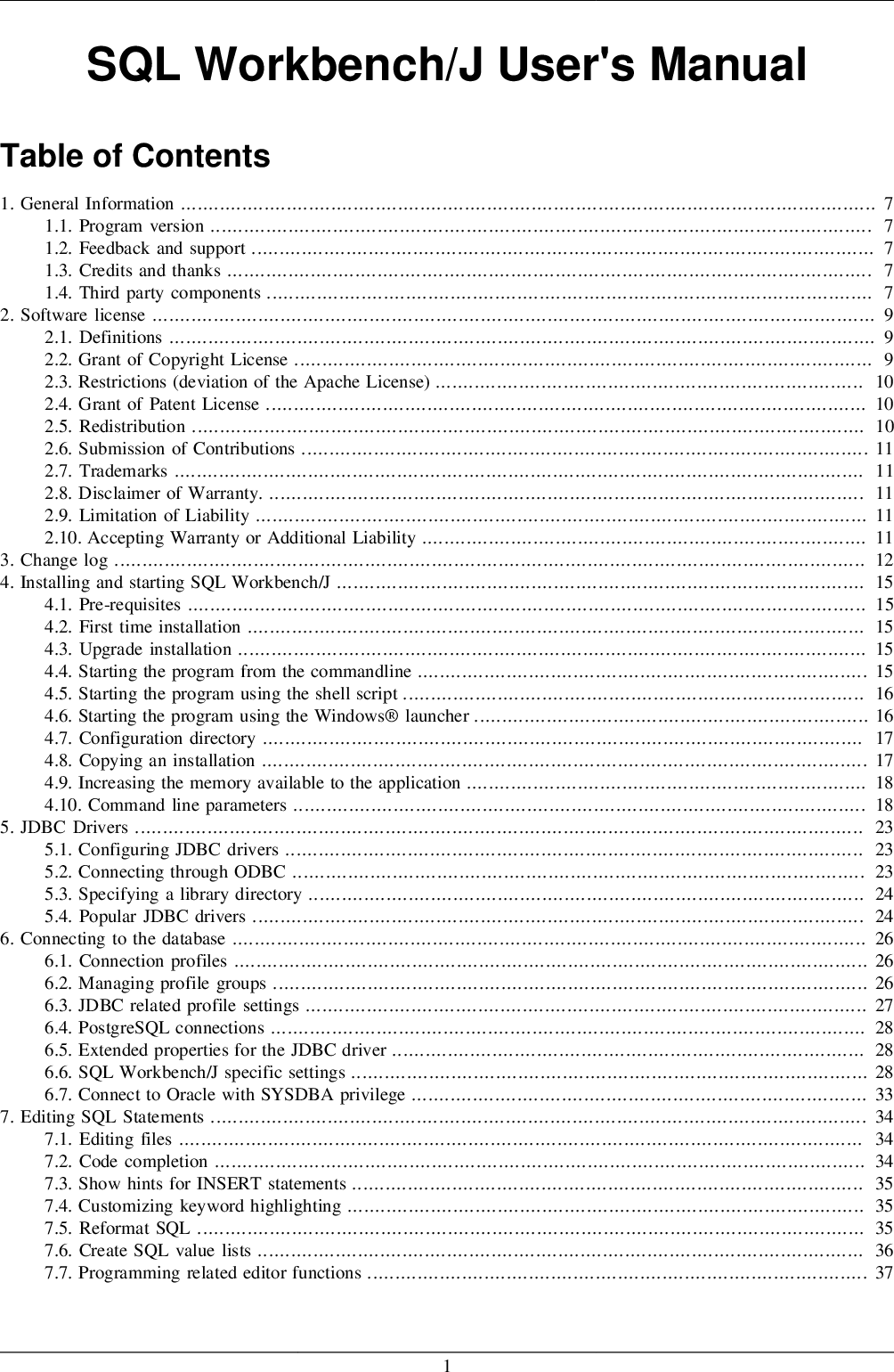
When we really see life as it is, we will be filled with wonder and awe over the glory of it all. Some of the sages link the word yirah ( יִרְאָה) with the word for seeing ( רָאָה). The "fear of the LORD" therefore includes an overwhelming sense of the glory, worth, and beauty of the One True God.

Sometimes it refers to the fear we feel in anticipation of some danger or pain, but it can also can mean "awe" or "reverence." In this latter sense, yirah includes the idea of wonder, amazement, mystery, astonishment, gratitude, admiration, and even worship (like the feeling you get when gazing from the edge of the Grand Canyon).

The word translated "fear" in many versions of the Bible comes from the Hebrew word yirah ( יִרְאָה), which has a range of meaning in the Scriptures. So rests satisfied and will not be visited with harm." ( Prov. "Fearing the LORD leads to life, the one who does The Scriptures plainly declare that "the fear of the LORD leads to life" ( יִרְאַת יְהוָה לְחַיִּים, lit. Indeed, "the fear of the LORD is said to be the beginning of wisdom ( רֵאשִׁית חָכְמָה)." Without fear of the LORD, you will walk in darkness and be unable to turn away from evil ( Psalm 111:10 Prov. Again, the requirement to fear the LORD your God ( לְיִרְאָה אֶת־יהוה) is placed first in this list. First we must learn to properly fear the LORD and only then will we be able to walk ( לָלֶכֶת) in His ways, to love ( לְאַהֲבָה) Him, and to serve ( לַעֲבד) Him with all our heart and soul. In this summary statement of what the LORD requires of us, the fear of the LORD (i.e., yirat HaShem: יִרְאַת יהוה) is mentioned first. Which I am commanding you today for your good? " ( Deut.

The LORD your God with all your heart and with all your soul,Īnd to keep the commandments and statutes of the LORD, The LORD your God, to walk in all his ways, to love him, to serve "And now, Israel, what does the LORD your God require of you, but to fear WHAT DOES IT MEAN TO "FEAR" THE LORD? Does it mean that we should be afraid of God's disapproval of us? Should we live in dread over the prospect of future judgment for our sins? In order to consider some of these questions, let's consider a verse from this week's Torah portion:


 0 kommentar(er)
0 kommentar(er)
